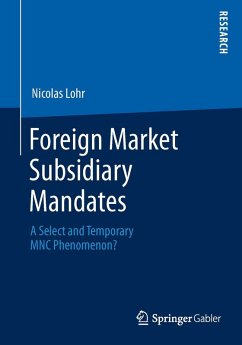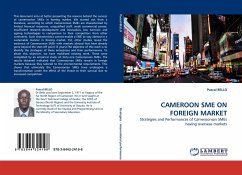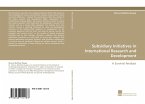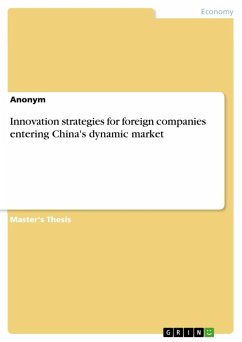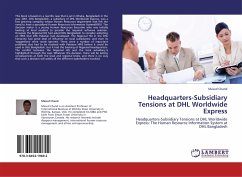This book investigates how foreign subsidiaries of multinational corporations expand their presence and functional scope into foreign territories. It thereby focuses on how cross-border subsidiary mandates are obtained and how they develop over time. Multiple case-studies based on in-depth interviews with HQ and subsidiary management suggest that subsidiary internationalization represents a select MNC phenomenon and that associated foreign market mandates are only of temporary nature. Foreign subsidiaries appear to receive cross-border responsibility if their value proposition for overcoming liability of inter-regional foreignness is capable of more than offsetting any risk increase that stems from principal-agent relationships between corporate headquarters and foreign subsidiaries. Following the initial mandate gain, the subsidiary's restrained access to HQ-like functions, intra-MNC competition and altering localization degrees in the market covered by the mandate puts the sustainability of cross-border responsibilities at risk. As a consequence, internationalization trajectories of foreign subsidiaries often follow discontinuous rather than gradual evolutionary paths. In addition, cross-border subsidiary mandates often appear to be predefined and temporary in nature. They might actually have a limited life span from their very conception.
Bitte wählen Sie Ihr Anliegen aus.
Rechnungen
Retourenschein anfordern
Bestellstatus
Storno

